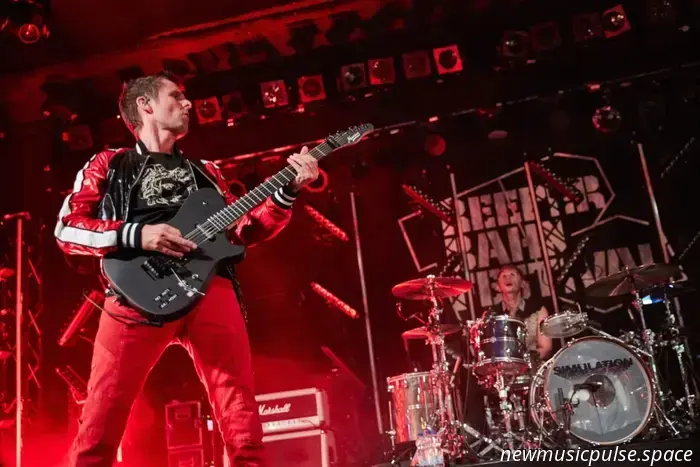
Having been established back in 2006 after its founder Alexander Schulz was motivated by a trip to SXSW, the 2025 edition of the Reeperbahn Festival will celebrate 20 years of the Hamburg event. Now a staple on the European festival scene and a vital platform for emerging artists to connect with an enthusiastic audience of industry professionals and music lovers, this year's festival will again feature some of the most exciting new musical talents from Europe and beyond. UK-based acts such as Man/Woman/Chainsaw, TTSSFU, Florence Road, CATTY, and Getdown Services are among the DIY staples traveling to the German city this week for the event. What better way to commemorate the festival's anniversary than by reflecting on its origins and accomplishments? We spoke to founder Alex Schulz and his longtime associate, festival consultant Frehn Hawel, to discuss some pivotal moments in its remarkable history. What prompted you to create the festival? Was it your trip to the SXSW Festival that sparked the initial idea? Alex: That’s the genuine answer, yes; we were both there in the same year, back in 2000. There were maybe three main aspects that inspired us: the quality of the music performed, the diverse genres showcased even 25 years ago, and the overarching idea of discovering new talents from various genres presented at a high level within close proximity. When you're exploring new talents, it's important to have the option to say, 'no, that's not for me; I’ll check the next venue.' We didn’t have the online luxury we do today — listening to music whenever we want — so it was like a physical experiment where you'd check one talent on stage and then move to the next venue. This is what we all do now on our phones using Spotify, but back then, we couldn't do it that way. Frehn: I performed with my band, and we even got a brief mention in the Austin Chronicle for having one of the loudest shows, which was great! What struck me was the resemblance between Sixth Street and the atmosphere in St. Pauli, with so many clubs within walking distance; it’s a known area for live music. Alex mentioned this connection to me, and I thought, 'good luck,' as Hamburg already had something similar called Night of the Clubs, mainly showcasing local talent. That event ran for a few years but seemed to be nearing its end. I suggested he should push for something truly new. Additionally, Germans weren't initially accustomed to the concept of a showcase festival, so we had to cultivate that. Interestingly, five years later, we found ourselves in an office with Karsten Jahnke, discussing the initial steps for the Reeperbahn Festival. What was the first edition of Reeperbahn like back in 2006? Was it a more modest event, or due to long-term planning, did it turn out larger? Alex: In fact, we might have aimed too high! We spent five or six years developing the idea. You have to take a step back and view things from a broader perspective; I had attended SXSW several times before our inaugural edition and thought, ‘of course we can pull this off.’ We ended up making our first edition too ambitious. As Frehn mentioned, in this model, the most significant headliner is the concept itself, showcasingnew talents—you can't rely on past editions when you're launching a new festival. We needed to convince the audience and industry to embrace this new platform. We realized we needed to guide people into the concept; while we did include some higher-profile acts, it wasn’t sufficient. Very few believed in the idea initially. In that year, we only recouped half the budget. We launched with 25 venues, but we could have managed with 10 or 12, which would have sufficed for the interest we'd generated. We adjusted that strategy in the following year! Frehn: What stood out in that first year was our addition of various genres, like jazz, which led to a somewhat scattered experience. However, the crucial factor was that everyone in Hamburg recognized this as an opportunity to showcase their artists publicly. There was a collective effort to make the Reeperbahn Festival a reality, and that level of collaboration was unprecedented.
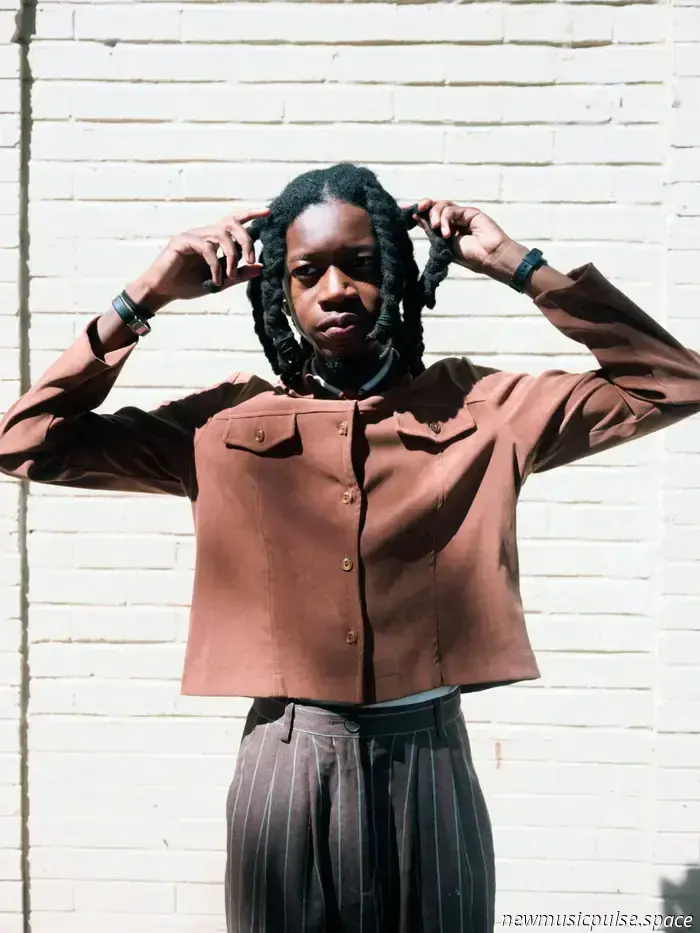
Rapper Deem Spencer from Queens is set to launch a new EP titled 'Pain & the People Around Me' on November 14th through drink sum wtr.
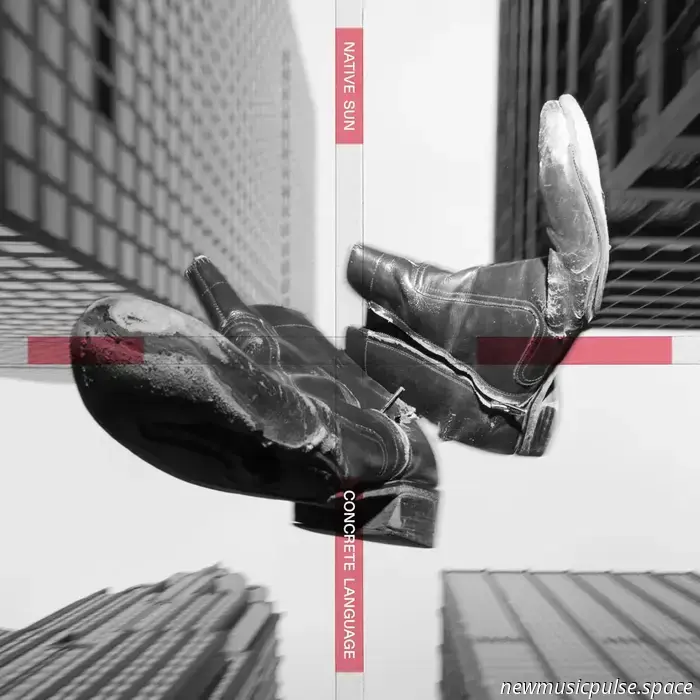
New Yorkers Native Sun have released their debut album 'Concrete Language', a highly anticipated project from the emerging label TODO. Featuring
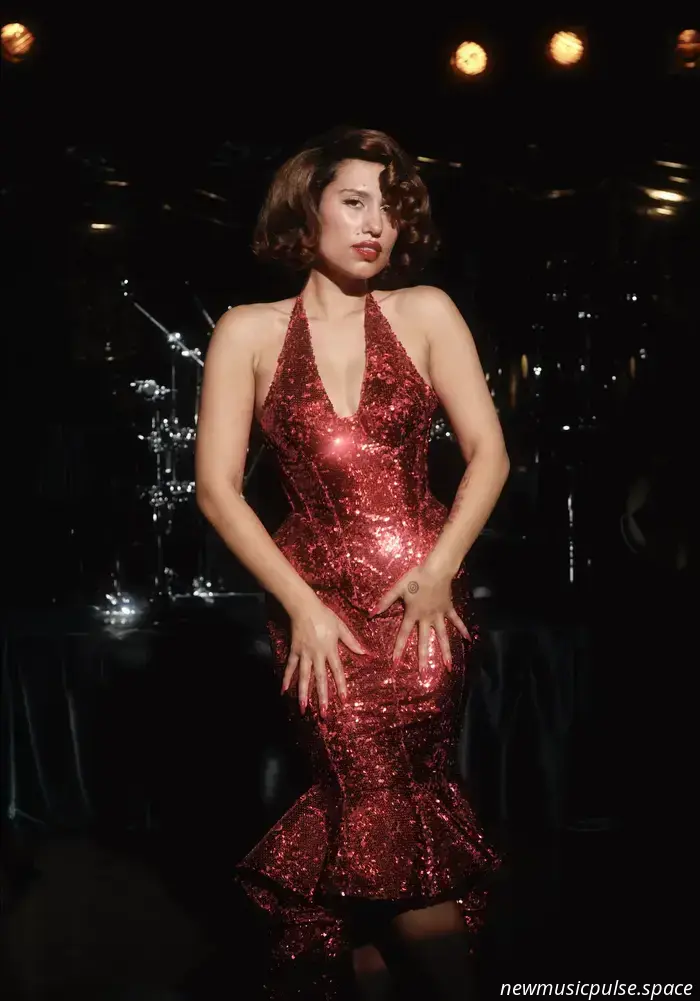
UK singer-songwriter RAYE has released her latest single, 'WHERE IS MY HUSBAND!’, which serves as the lead track from an upcoming album set to be released next year. The song was produced in collaboration with Mike.
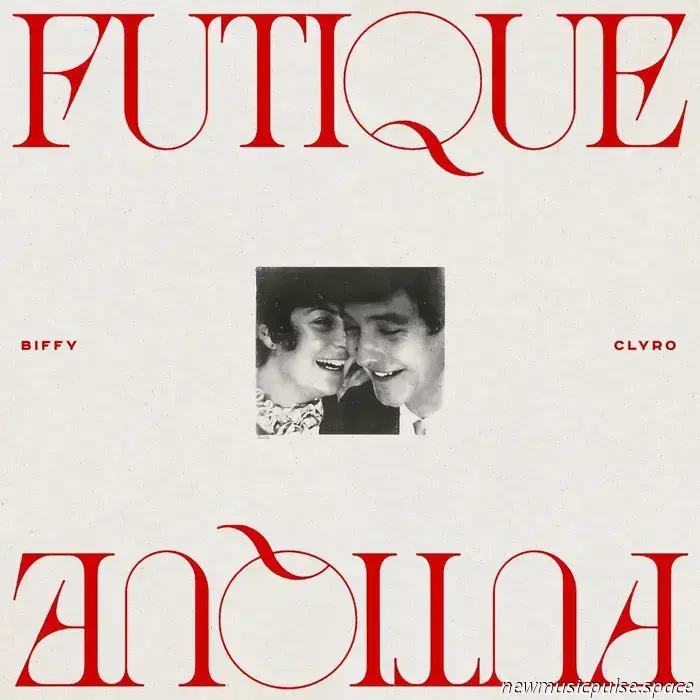
For the last thirty years, Scottish band Biffy Clyro has navigated through different styles of guitar-driven music. In their early days, this
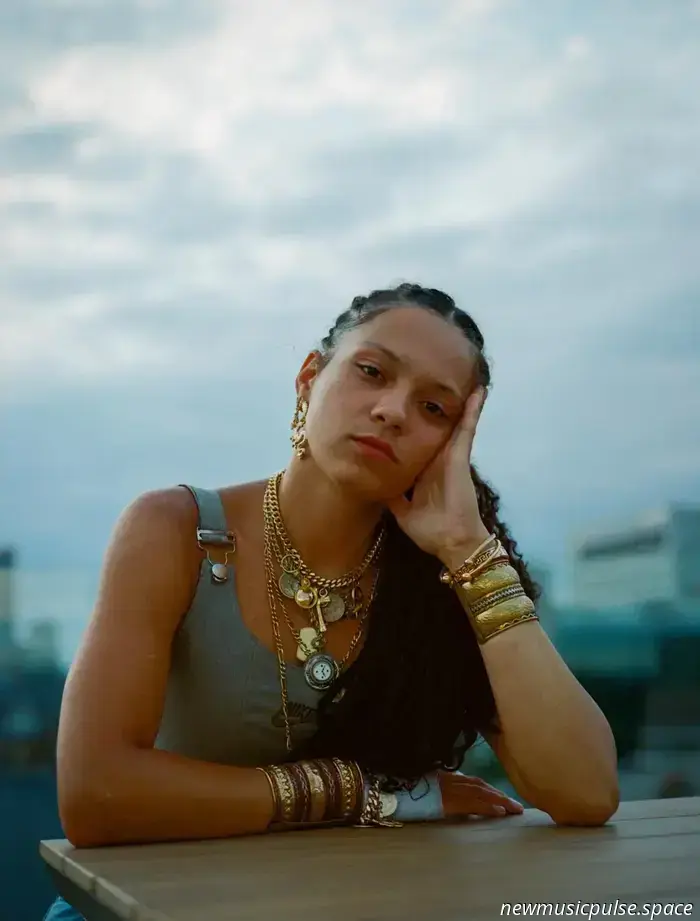
Breakout force JayaHadADream has announced plans for a new project titled 'Happiness From Agony.' The versatile artist is a captivating figure in the UK underground music scene.
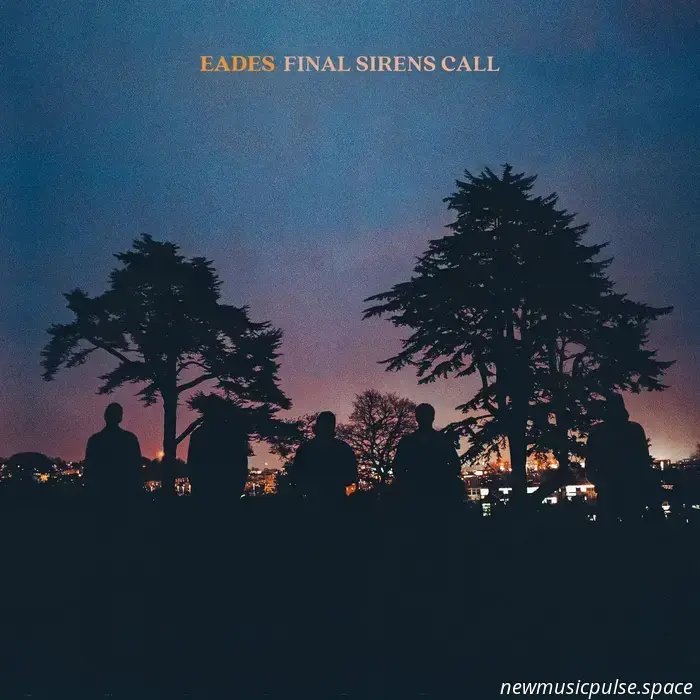
Two years after the wild energy of their first album, Eades comes back with a release that swaps chaos for clarity. On 'Final Sirens Call', their
We spoke with Alexander Schulz, the festival's founder, and consultant Frehn Hawel to look back on the last 20 years of the event in Hamburg.